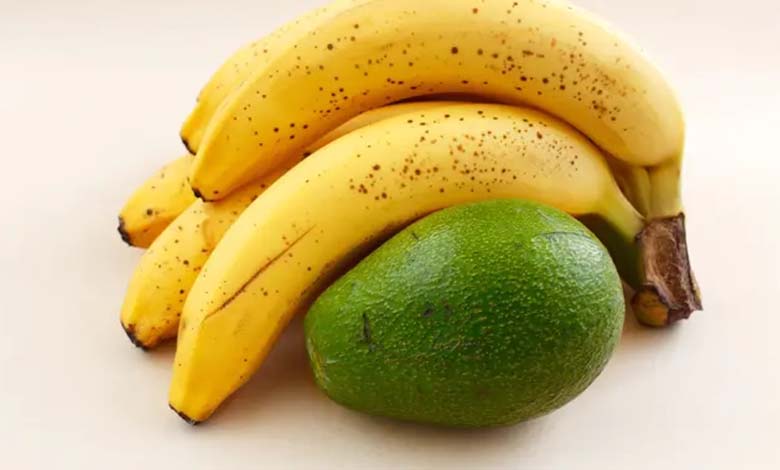Can Bananas and Avocados Trigger Migraines? Understanding the Mechanisms and Adopting Effective Strategies

Migraines are among the most widespread neurological disorders, affecting people of all ages. Their onset is often linked to a complex mix of lifestyle influences, environmental factors, hormonal fluctuations, and dietary triggers. One debated hypothesis is that certain foods rich in natural chemical compounds, such as bananas and avocados, may provoke migraine attacks in sensitive individuals. Although these fruits are generally considered healthy and nutritious, their composition may interact with neurological pathways involved in migraine development.
Bananas and avocados naturally contain varying levels of tyramine, a compound formed from the breakdown of the amino acid tyrosine. Tyramine is known to influence the dilation and constriction of blood vessels, a mechanism frequently associated with migraines in susceptible individuals. When present in higher amounts, tyramine can overstimulate the nervous system, potentially leading to the throbbing pain and heightened sensitivity characteristic of migraine episodes.
It is important to note that sensitivity to tyramine is highly individual. Many people regularly consume bananas or avocados without experiencing any discomfort. Migraine episodes generally occur in individuals with lower tolerance or heightened sensitivity to certain dietary substances.
Fruit ripeness can also play a significant role. Overripe bananas or avocados contain higher levels of tyramine due to increased tyrosine breakdown during the ripening process. As a result, some individuals may find that it is not the fruit itself but its degree of ripeness that triggers their migraines.
Several strategies can help manage potential dietary triggers. The first involves tracking eating habits through a food diary. Documenting meals alongside the timing of migraine episodes helps identify correlations between certain foods and symptom onset. This method also allows individuals to determine whether bananas and avocados genuinely contribute to their personal migraine patterns.
Another helpful approach is to consume these fruits in small quantities rather than eliminating them entirely. Since they are rich in essential nutrients such as potassium, fiber, and healthy fats, removing them from the diet without clear evidence may be unnecessary. Balanced nutrition often requires thoughtful adjustments rather than strict restrictions.
Maintaining proper hydration and regular meal timing is equally important. Dehydration, long periods without food, or fluctuations in blood sugar levels can increase migraine susceptibility. Establishing stable eating habits can help minimize the impact of potential dietary triggers.
In some cases, consulting a healthcare professional may be useful, especially when migraines become frequent or disruptive. A specialist can help identify specific triggers, recommend personalized dietary adjustments, or suggest complementary approaches for managing symptoms more effectively.
In conclusion, while bananas and avocados may trigger migraines in some individuals due to their tyramine content, this sensitivity is far from universal. Understanding one’s own body, observing reactions, and adopting tailored dietary habits can significantly reduce risks while preserving the nutritional benefits of these fruits. The key lies in a personalized, balanced approach guided by self-awareness and moderation.












